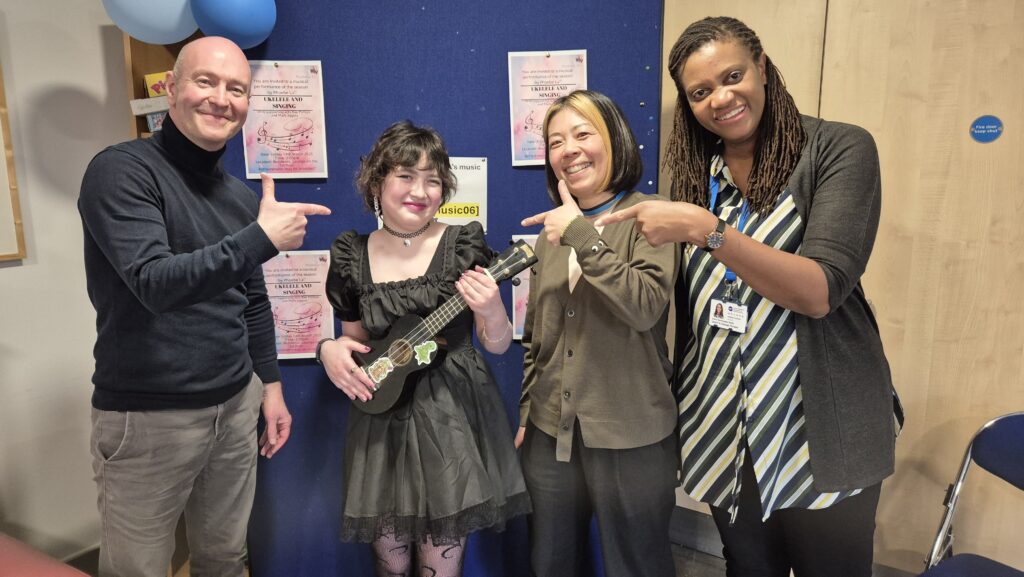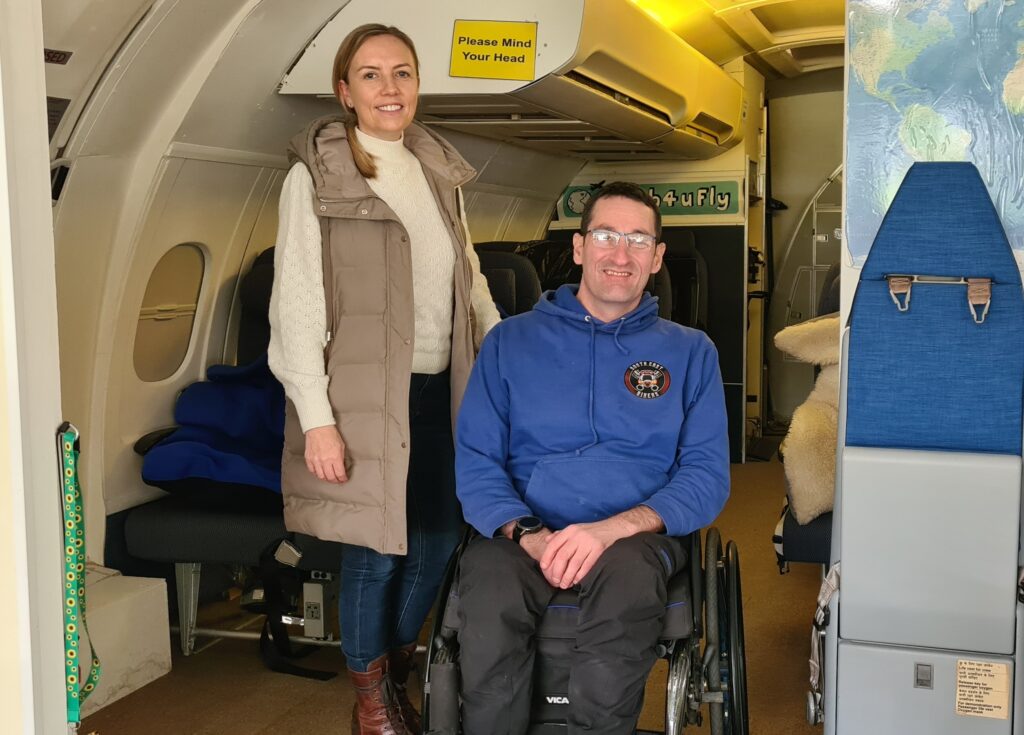Supporting Neurodiversity in the Workplace
In recent years, the importance of recognising and embracing neurodiversity in the workplace has gained well-deserved attention. Neurodivergent individuals—those with unique neurological traits, such as autism or ADHD—bring a wealth of strengths and perspectives. However, they also face specific challenges in environments often designed with a “one-size-fits-all” approach. June, a housekeeper at the Queen Elizabeth Foundation for Disabled People (QEF), has navigated the challenges of being a neurodivergent person in traditional and care-based workplaces. Through her story, we can see both the difficulties faced by neurodivergent individuals and how employers can set an example by creating a more inclusive, supportive work environment.
June’s Story
I started in housekeeping more by necessity than by choice. After losing my previous job, I found myself without work and needing to make a change. When I first took on a part-time housekeeping role in a care home, I didn’t expect to stay for long, but that soon turned into a full-time job, and I worked there for several years. I moved on to similar roles in different places and eventually became a manager where I was able to teach my skills to others.
But there were always challenges. One of the hardest parts for me has been how my communication style is received. I’m naturally direct—I say things how they are, without sugar-coating; autistic people are like that. I quickly learned that others misinterpret this as rudeness. I’d hear things like, “You come across as blunt,” or even “You’re too harsh,” even though I never meant to be. I began to feel isolated, like my way of communicating, and by default I, would always be seen as a problem. People didn’t seem to understand that I don’t have the same filters that others do.
The issue wasn’t just with communication; some workplaces brought other challenges too. In one job, I was met with open disrespect and bullying. Going to work became a real struggle; I didn’t feel respected, and I was constantly on edge, wondering if this was how all workplaces were. All I wanted was to be treated with respect and for people to see past my differences to the dedication and hard work I put in every day.
Things took a positive turn when I found the Care and Rehabilitation Centre (CRC) at QEF. I sensed that QEF was different from the other places I had worked at. Here, I feel more supported and valued. My managers are willing to listen and understand where I am coming from. For the first time, I don’t feel like I have to mask my natural self to fit in.
At QEF, the team have made an effort to get to know me, and there is more respect for different ways of communicating. I am able to be direct and honest without worrying about being judged. There are times when I still feel misunderstood, but it is definitely an improvement compared to previous jobs. I gave up my management role this summer and they supported me with this too, making sure the transition was as easy as possible.
Creating a Neurodiverse-Friendly Workplace: Tips for Employers
June’s experiences highlight some practical ways that all employers can work towards building a more inclusive workplace:
Clear Communication
Neurodivergent employees often prefer direct and clear communication. Employers should provide precise instructions, clear deadlines, and, where possible, context for the tasks being asked. For June, knowing why a task was needed (such as moving a client for specific health needs) helped her perform better and understand her role more fully.
Consistency and Routine
For many neurodivergent individuals, routines provide comfort and structure. Employers can support them by establishing predictable schedules and avoiding last-minute changes wherever possible. QEF’s management respected this need, doing their best to provide a consistent routine.
Fostering Understanding and Respect
Encouraging awareness and understanding among all staff helps to break down assumptions. Neurodivergent individuals should not have to constantly mask or hide their traits as this leads to burn out. By fostering a culture of openness, where colleagues are encouraged to ask questions and learn about neurodiversity, organisations can ensure a more supportive and cohesive team dynamic.
Encouraging Managers to Learn about Neurodiversity
Managers should be equipped with training and resources on neurodiversity. This allows them to tailor their management style to individual employees’ needs, rather than treating everyone in a uniform way.
Implementing Small Adjustments in the Workplace
Simple changes, like ensuring uniforms are comfortable or keeping workspaces at a suitable temperature, can make a big difference for neurodivergent employees. Recognising these needs is part of creating an inclusive environment that respects all employees’ comfort and wellbeing.
Most important of all, remember that all neuro divergent people are different.
The Positive Impact of Inclusion
June’s story shows that with the right environment and understanding, neurodivergent individuals can flourish and contribute their skills fully to their work. For employers, making these adjustments not only helps neurodivergent employees thrive but also enriches the workplace, promoting a culture of respect and diversity that benefits everyone.
For anyone reading this who may be in a similar situation to June, remember: the right workplace can make all the difference. And for employers, it’s essential to recognise that embracing neurodiversity isn’t just a moral obligation; it’s a key to unlocking the full potential of talented individuals. Let’s all work together to create a world where everyone is met with understanding and respect, regardless of how their mind works.


